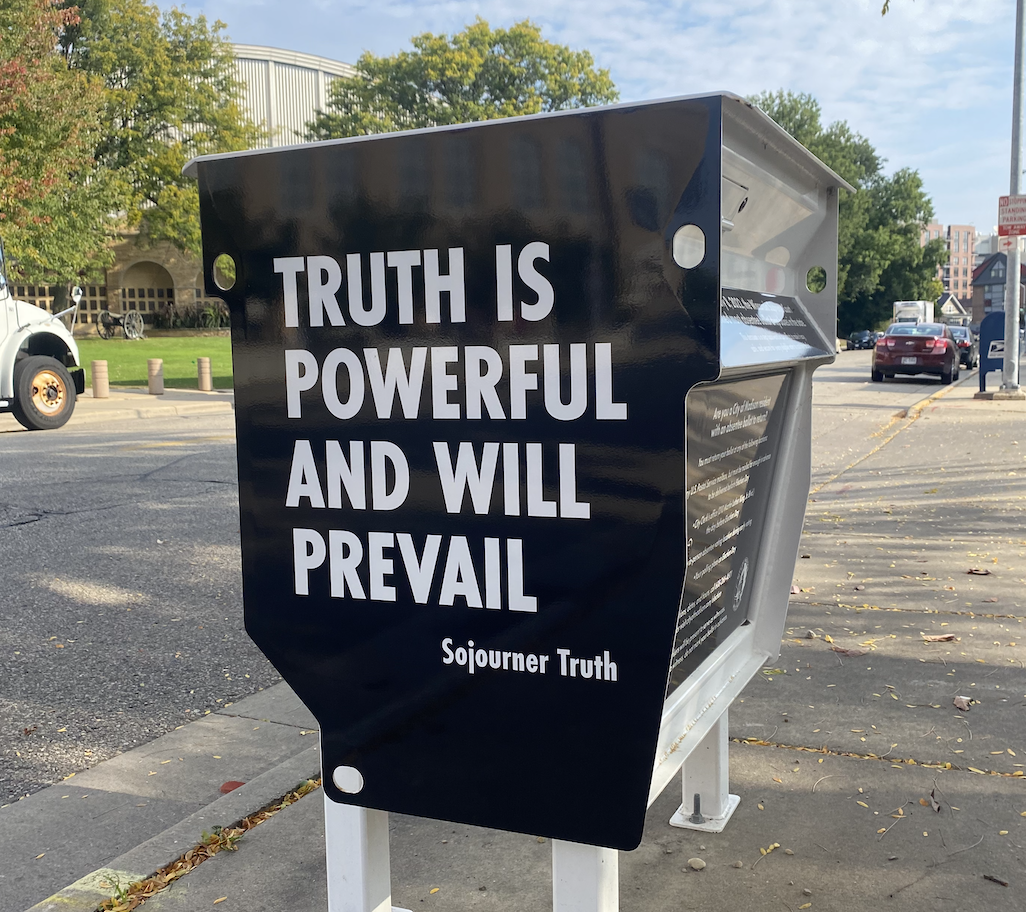Many would say that there are few topics on this campus and in this city more maligned than religion. Madison, the quintessential Midwest bastion of the left, offers a number of traditional challenges to those who profess a faith in the divine. A large and left-leaning university campus offers the traditional challenge of the intelligentsia's aversion to the divine. Even more revealing, Madison is home to the Freedom From Religion Foundation, the self-proclaimed "largest group of atheists and agnostics in North America." It would seem, then, that God and all derivatives thereof are mostly unwelcome in Madison. Madison, one would say, is an atheist.
And why not? When we as students consider the absurdity that is organized religion, what do we think of? Do we consider an image of love and kindness, or do we consider the image propagated by its critics? Does organized religion evoke an image of organized hatred and violence, or of organized giving and care? Of opulent expenditures on palatial facilities, or of investment in host communities?
Religion confounds; it defies the Darwinian demand for utility. Its detractors see waste and opulence, as was exemplified by one of my fellow writers' undereducated attack on the building of Madison's very own mega-church, Blackhawk Church. Its adherents see worth and love — after all, a church of Blackhawk's size serving a community of Madison's size needs facilities that are commensurate with its needs. And who is to begrudge a group of private citizens that right? An undertaking of such innocuousness would hardly be worth mentioning in the construction-crazed city of Madison, but this undertaking was done by religious observers. Cue the skeptic.
So why the vitriolic response to the building of a mega-church, or the idea of organized religion in general? Perhaps it is because Madison has constructed an image of religion that is opposed to its progressive spirit. It would seem that when one says "Islam," Madison thinks of violence, of an eerie World Trade Center-sized gap in the New York skyline. When Madison considers Christianity, it thinks of obstinate resistance to scientific progress. When Madison considers "Hebrew Bible," "Old Testament" or "Quran," it thinks of anachronistic rules that governed societies from millennia long past. When Madison considers Sikhism, it gets slightly perplexed, and confuses it with a host of other religions.
The Madison image of religion is increasingly becoming one of Crusades, of extremism and terror. Madison thinks of Islam's failure to pacify the Middle East, of Christianity's failure to provide for its lesbian, bisexual, gay or transgender members. We no longer consider the humanitarian contributions of Christianity and Islam: its adherents' efforts on the abolition of slavery, the improvement of the human condition vis-?-vis the Salvation Army, the Red Cross or local churches' community involvement. Instead, we focus upon organized religion's many foibles and idiosyncrasies, for they are glaring indeed. Priests and altar boys, lawsuits and abuse, violence and misogyny, President Bush and the conservative vote — it's just too much.
The mistake inherent in Madison's supposed animosity toward religion is its focus on "religion" and its disregard of "faith." Faith, as I see it, demands, at its most base, a loving relationship with the Divine and the earthly. Faith, as I practice it, evinces itself in a respect and love for the Created as well as the Divine. Faith, as I believe it, rebuffs the violence of terrorism, the obstinate obstruction of life-improving scientific progress and anachronistic misogyny.
I admit to having been a rebellious and stubborn child — by doing things like working on the Sabbath, a stonable offense. I have listened to women preach, proclaim their faith, sing and teach in my church building — a practice ostensibly prohibited by Paul in Corinthians. I am a Darwinian anomaly; I bask in the stark uselessness of religious practice, devoting much of my life, time, and meager expenses to its observance. I call Christmas "Christmas."
I suppose that would make me religious, but I'd just as soon avoid such a classification, for the aforementioned societal perceptions of religion. I've read both parts of the Bible, and I'm pretty horrified by that Old Testament part, too.
In the face of all the terrible consequences that a misguided belief in religion has brought, I would assume you'd be surprised at my faith. I am too. In light of all the apparent foibles inherent in my faith, I keep believing. And while I doubt that one life lived in faith to the best of one's ability will change the rather justified negative opinion of "religion," I'll keep believing.
Sometimes I can't help but believe it myself. That, despite it all, I still have faith in something incredibly improbable and eternally compelling.
Gerald Cox ([email protected]) is a senior majoring in economics.







